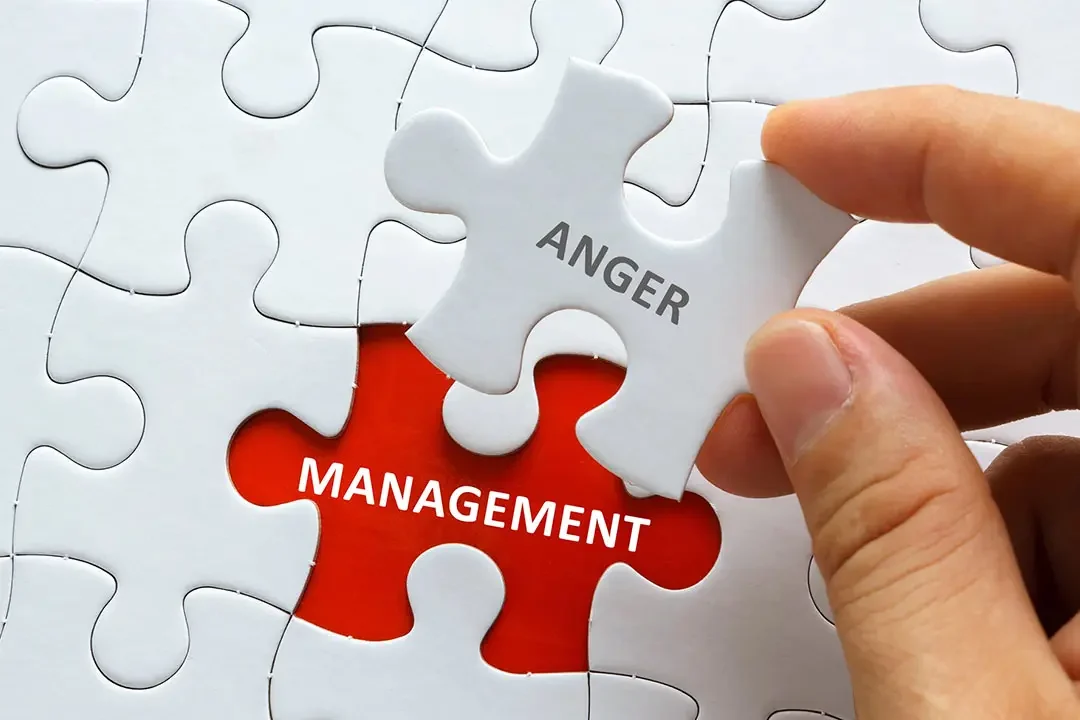
What anger really is
Anger is a natural human emotion that can arise when we feel threatened, disrespected, or overwhelmed. It is often misunderstood as a solely negative trait, but in reality, anger itself is neither inherently good nor inherently bad. It is a signal, much like fear or sadness, that alerts us to something requiring our attention. What often leads to conflict is not the presence of anger, but how it is expressed. Uncontrolled reactions can damage relationships, create stress, and sometimes cause harm, while calm reflection can transform anger into a tool for growth.
Anger management teaches people in counseling that they shouldn’t ignore or suppress their feelings. The goal, on the other hand, is to have a better relationship with anger by understanding its origins and learning to respond to it thoughtfully, rather than impulsively. Anger management counseling is a structured way for individuals in Tampa who need help to discuss these issues in a safe and supportive environment.
How unresolved anger shows up
Unresolved anger can manifest in various forms and often surprises both the person experiencing it and those around them. Some people express their anger by yelling or being aggressive when they interact with others. Some people may hide their feelings, which can lead to resentment growing over time and eventually manifesting as passive-aggressive behavior or physical stress symptoms. Angry people, though unaware of it, can experience headaches, stomach problems, and tense muscles.
Long-term patterns of unresolved anger can also create tense relationships at home and at work. A coworker might seem complicated to deal with, or a family member might pull away emotionally, leaving problems unsolved. Anger can quietly destroy trust and connection if you don’t have effective ways to manage it. Counseling helps people recognize these patterns, leading to improved communication and self-awareness.
Strategies to manage anger healthily
It’s more about changing how you feel and show anger than getting rid of it. There are several methods that work exceptionally well to achieve better results.
One of the first things to do is to raise awareness about what triggers their reactions. Seeing physical signs, such as a fast heartbeat or clenched fists, can be an early warning sign. People can stop and think before they react when they notice these signals. This gives them time to think about how to respond.
Breathing exercises and relaxation techniques are also helpful tools. Breathing slowly and steadily or taking a few minutes to step away can help ease stress. Mindfulness and meditation are two examples of regular practices that can help you stay calm during stressful times.
Another important skill is the ability to communicate effectively. Many fights escalate when people express their anger in ways that others perceive as threatening or intimidating. If you learn how to say how you feel without blaming or being hostile, you can turn arguments into helpful conversations. Role-playing or guided exercises are standard parts of counseling sessions that help people practice these skills in real-life situations.
Last but not least, it’s essential to examine what triggers your anger in the first place. Frustration isn’t always about what’s happening right now; sometimes it’s about problems that haven’t been resolved yet. Counseling helps people examine these layers and learn skills that gradually reduce the intensity of their reactions over time.
Creating healthier patterns
Anger management is not about holding back your feelings; it’s about giving you power. People can change the way they feel by being curious about their anger rather than being scared of it. Regularly making small changes can help you have healthier relationships, feel better about yourself, and have a more balanced sense of well-being.
When someone decides to go to counseling, they are choosing to work on ways to deal with their feelings instead of letting them control them. A counselor can help you work through difficult feelings by giving you direction, holding you accountable, and creating a safe space where you can do so without fear of being judged.
Anger will always be part of the human experience, but it does not need to dictate behavior or outcomes. Through counseling, people learn that emotions can be understood and directed toward healthier responses. For those in Tampa seeking support, anger management counseling offers a path toward greater emotional stability and stronger relationships. To learn more about professional services, visit Bethesda Revive, where compassionate guidance helps individuals take control of their emotional well-being.
Picture Credit: Depositphotos



